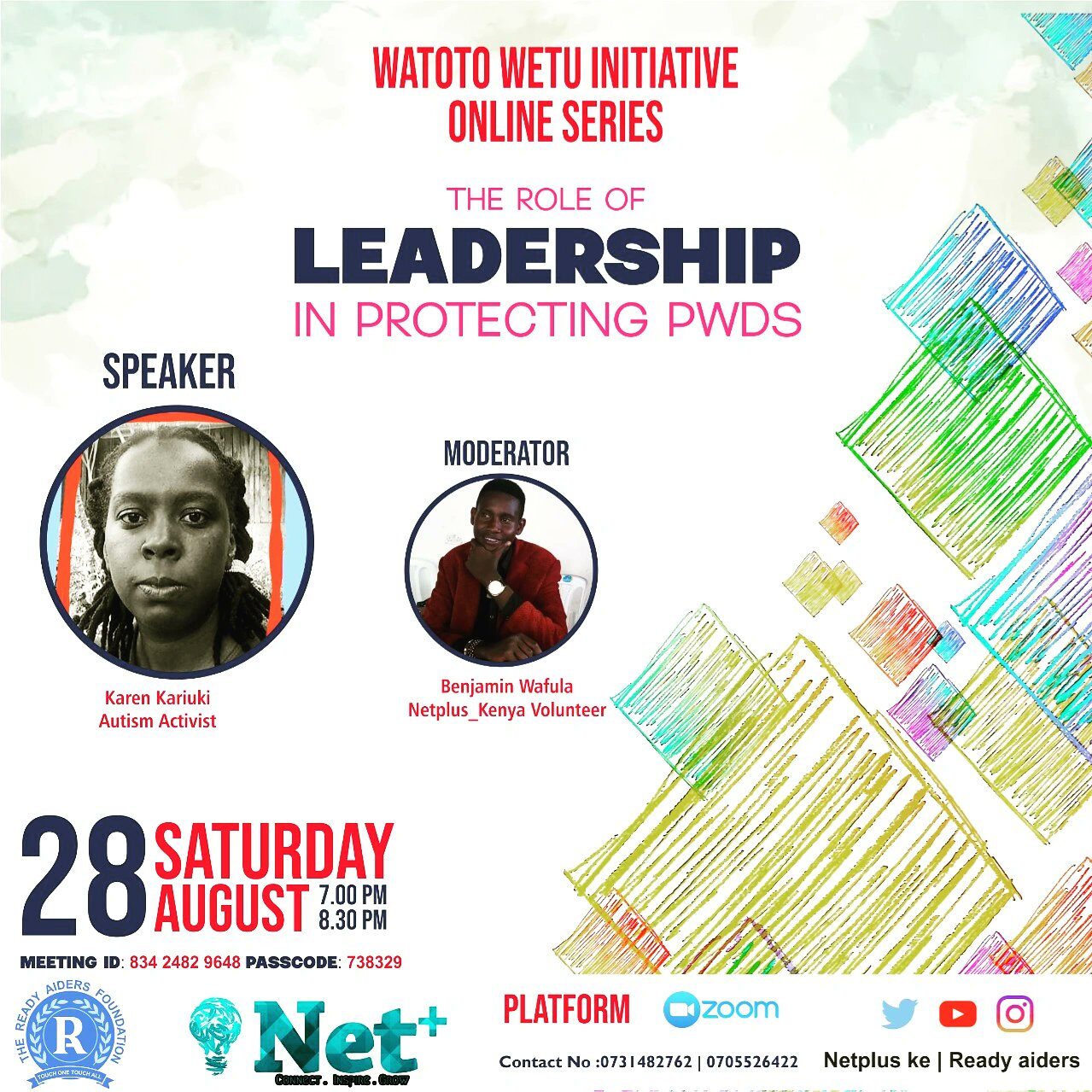The book Neurodiversity for Dummies is happening because there really is a dearth of accessible information and resources. This listening session is a conversation about what neurodiversity is, and what neurodivergent people need to thrive.
Tag: understanding
Autistic people tend to benefit from acceptance much more than from awareness, as awareness is passive whereas acceptance is a choice. Here are ten ways you can honor Autism Acceptance, and autistic people of all ages.
If your child is going through Autistic Burnout, they will need your support. They will need your understanding, flexibility, increased sensory regulation time and a decrease in demands both from family and school environments.
You can listen and understand and believe and respect autistic adults every bit as much as you do those things with autistic children. If you don’t, you’re being ageist.
This checklist is for people who aren’t autistic (or whose autistic traits differ from those of their child/charge) to understand what may upset an autistic person, and cause them distress.
We need to highlight the plight of autistic people in Kenya, especially in rural areas where many autistic people are kept hidden and abused. It helps for information about autism in Kenya to appear in blogs and videos.
Photo © Shannon Des Roches Rosa [image: Photo of a teen wearing a jacket and baseball cap, seen from behind, far ahead on an oaken hillside trail.] Shannon Des Roches Rosa @shannonrosa When I was in physical therapy to rehabilitate a busted knee, the kind, competent therapists tended to make small talk—which invariably meant fielding tentative, well-meaning questions about my autistic son. That gave me the opportunity to model the way I’d like other people to talk and think about him. Here’s how those conversations usually go: PT: “Autism. Um. That must be hard.” Me: “Well, my son is a very awesome person. And he’s actually more easygoing than his siblings. He’s like a lot of autistic people—it’s hard for him to be in places that aren’t autism-friendly, and it can be hard for him to communicate. But he’s a wonderful person.” PT: “That’s really interesting.” (Processes what I’ve said,…
Photo © Stuart Anthony | Flickr/Creative Commons [Image: Two backlit people attempting to jump over a horizon-adjacent sun.] Leslie J. Davis www.dharmamamas.com “When I practice breathing in and I say, ‘I have arrived,’ that is an achievement. Now I am fully present, one hundred percent alive. The present moment has become my true home. When I breathe out I say, ‘I am home.’ If you do not feel you are home, you will continue to run. And you will continue to be afraid. But if you feel you are already home, then you do not need to run anymore. This is the secret of the practice. When we live in the present moment, it is possible to live in true happiness.” –Thich Nhat Hanh, “No Death, No Fear: Comforting Wisdom for Life” Every Monday night I sit with my meditation group and practice breathing in and out in an attempt…
Photo © Mariana Zanatta | Flickr/Creative Commons [image: Hand-drawn black-and-white outlined block letters spelling “anxiety” on a background of “anxiety” written repeatedly in black & filling all space.] Christine Motokane www.workingthedoubleshift.com It is well known that individuals on the autism spectrum are likely to have co-occurring mental health issues such as depression and anxiety. However, mental health is a less-discussed topic surrounding autism, compared to behavior and social challenges, etc. As an autistic young adult with anxiety, I can give personal insight on this high prevalence. A big part of our susceptibility to issues like anxiety has to do with how we were slowly socialized, either implicitly or explicitly, to believe that an autistic lifestyle is something that is defective and therefore needs fixing. A recent Independent article sums up the strong link between lack of autism acceptance and the development of mental health disorders in autistic people: Research shows that lack…
Spectrum Disordered www.facebook.com/asdisordered Let’s talk about grief. To be specific, let’s talk about a specific way the term “grief” is used: as a suggested framework given to parents to process the news that their child has some type of disability. I’ve encountered this outlook throughout my life. My parents, by well-meaning professionals, were set up to view my disability as a loss: I was not normal, and would have to fight against my deficits for my whole life. They would not know what my future looked like and could not plan. They should feel Very. Sad. About. This. Having a grief mindset instilled into my parents was the single most devastating thing that has happened in my entire life. I learned very quickly that I was broken, and that there was something wrong with me. I learned very quickly—and at a very young age—that my parents would have preferred a…








